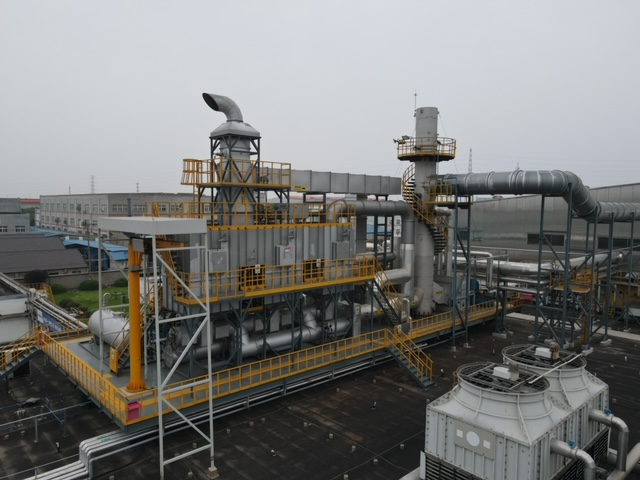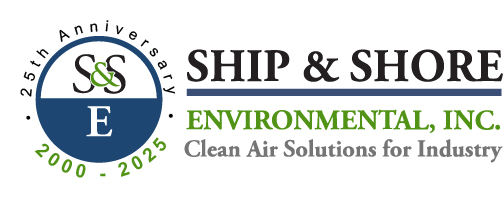
#TechTalk – Abatement Techniques for Clean Air in Food Industry Applications
November 21, 2024 11:04 am#TechTalk - Abatement Techniques for Clean Air in Food Industry Applications
Food and beverage industries are known to adhere to the most demanding regulatory requirements as ingredients are introduced and processed into food product. A close eye is cast upon any ingredient, process, additive, cleaning, or process by-product that could inadvertently create health causing concerns.
As production facilities grow in size and complexity, greater attention has been placed on residual elements food production can leave behind in the environment. More specifically, food processing can create air pollution control issues that fall under regulatory compliance guidance. Chief among these issues can be the release of Volatile Organic Compounds (VOCs), particulate, and odor causing constituents into the atmosphere. These concerns also have ties to human health issues, quality of life, and air quality in general.
So where are these potential troubling emissions found?
VOC and odor are also emitted from any potential fermented or baked product. Ethanol emissions have long been the target by regulatory authorities. Bread, cookies, and bagels are routinely cited as VOC and Odor release processes (remember one person’s fragrance is another person’s problem) . Traditionally, catalytic thermal oxidizers and RTO technology have been used to treat ethanol emissions from these applications. 98% to 99% destruction efficiencies are possible incorporating these technologies. RTO technology may be considered the more robust of the two technologies as RTO is not subject to masking or sintering (dust or overcooking of catalyst) damage. Organic particulate that might find its way to an RTO device can be baked out periodically (Self Cleaned) from sensitive ceramic media areas. RTO is also well suited for higher volume low solvent concentration typical of these operations and does not incorporate COSTLY catalyst that will need to be replaced over time (possibly 25,000 to 30,000 hours of operation).
For companies that take the ultimate steps to acquire and install high performing energy efficient systems, there are programs in place to take the capital investment “sting” from these purchases. In certain areas of the country, programs exist from natural gas and electric utility providers to reward environmentally sustainable companies with lucrative rebate incentives for their investments. Over the years, Ship & Shore Environmental has recovered millions of dollars from these programs for green minded customers where they are available.
As governmental agencies continue to protect the consumer via food quality and now air emissions from the food processing industries, keep in mind there are plenty of tools to meet regulations in place in a high efficient and cost effective manner.
Reach out to us at sales@shipandshore.com or call our office in Signal Hill, CA at +1(562) 997-0233 to see if E-RTO benefits make sense for your operation.

Categorised in: Industry news, News, News, Ship & Shore, TechTalk

